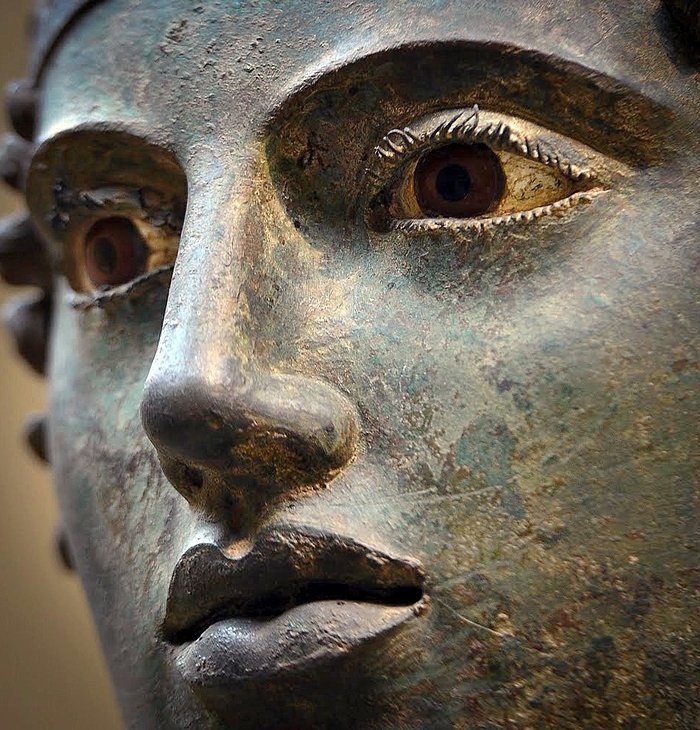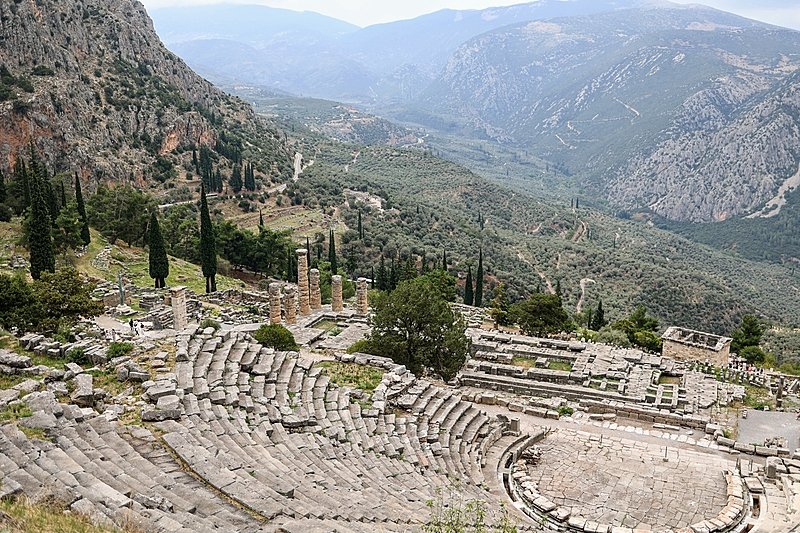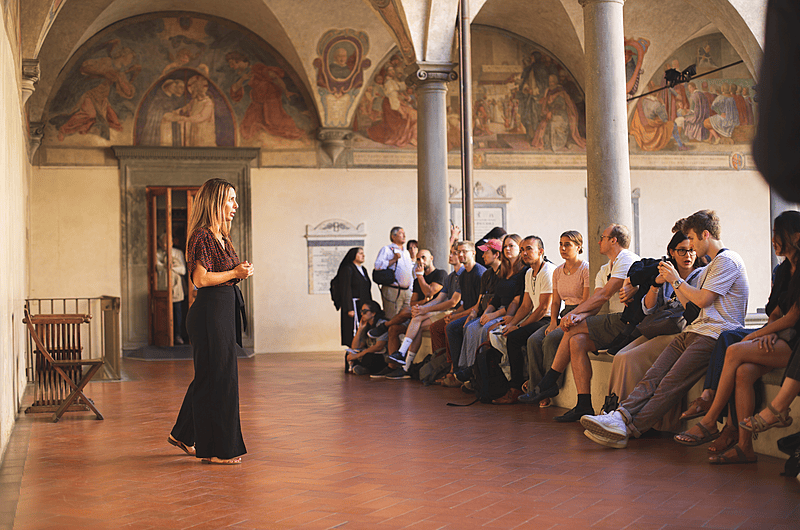During her first year as Professor of the History of Philosophy at Ralston College, Dr Anna Corrias brought her deep commitment to the Platonic tradition to the ancient sanctuary of Delphi. There, amid olive groves and ancient ruins, she joined scholars from around the world for a remarkable gathering on “Vital Platonism,” convened by Dr Danielle Layne (Gonzaga University).
It was no ordinary academic conference. The aim was not simply to discuss Platonism but to practise it—to explore its living force in the soul, the world, and our ways of being. Presentations touched on theurgy, artificial intelligence, poetic dreams, and education, all united by a conviction that philosophy is not simply intellectual but existential.
Dr Corrias’s own intellectual journey has long traced this path. Her doctorate from the Warburg Institute centered on Late Antique and Early Modern Platonism, particularly the profound metaphysical insights of Plotinus and their reimagining in the Renaissance by Marsilio Ficino. For Corrias, what began as academic inquiry soon became “an unavoidably existential matter”—a means of understanding the self and the cosmos in relation to one another.
She has presented on this theme at multiple international gatherings, including Platonism as a Living Tradition at the Harvard Center for the Study of World Religions, where she argued for recovering the deeper sense of soul in Plotinus—one that “moves beyond modern psychology's limited view of psychic life as solely ‘consciousness’ or ‘mind’.” Her talk, The Plotinian Soul: Recovering the Missing Puzzle Pieces, proposed that this broader understanding could illuminate contemporary experiences of internal conflict and disconnection, including gender dysphoria, autoimmune disease, and our estrangement from nature.
This theme continued at the Plotin, Platon et les Modernes seminar at the Sorbonne in Paris, where Corrias explored how Plato’s Symposium was reinterpreted by Plotinus and then re-lived by Ficino—demonstrating how ancient texts survive by being transformed across generations.
At Delphi, that living tradition found expressive form. In a moment of poetic and philosophical synthesis, Dr Corrias presented a poem dedicated to the Soul of the World, accompanied by original music composed and performed by one of her MA students, Ramón Zamudio. Offered at the site the ancients believed to be the omphalos, or “navel” of the earth, the performance became a living act of Platonism—“a direct experience of attunement,” as she describes it.
This vision also informs her scholarly publications. Her monograph The Renaissance of Plotinus (Routledge, 2020) explores how Ficino’s commentary on the Enneads recasts the soul as a vital principle of human nature. She has also co-edited volumes such as Harmony and Contrast: Plato and Aristotle in the Early Modern Period (OUP, 2022) and Platonism: Ficino to Foucault (Brill, 2020), which examine how philosophical traditions remain alive by being received, reimagined, and re-enacted.
Her current book project—a critical edition, English translation, and study of Ficino’s Commentary on Theophrastus, under contract with Oxford University Press—further testifies to this vision. It reveals the harmony between Platonism, Aristotelianism, and Neoplatonism, showing how seemingly distinct traditions breathe life into one another.
At Ralston College, Dr Corrias brings this vision into the classroom. For her, education is not an exercise in detached analysis, but a space of encounter—where students are invited into a living conversation that spans millennia. Whether through the study of Ficino’s revival of ancient wisdom or the collaborative creation of poetic-musical offerings, she embodies the College’s belief that great thought is not static inheritance but dynamic possibility: a tradition that still speaks—and sings—into our time.


